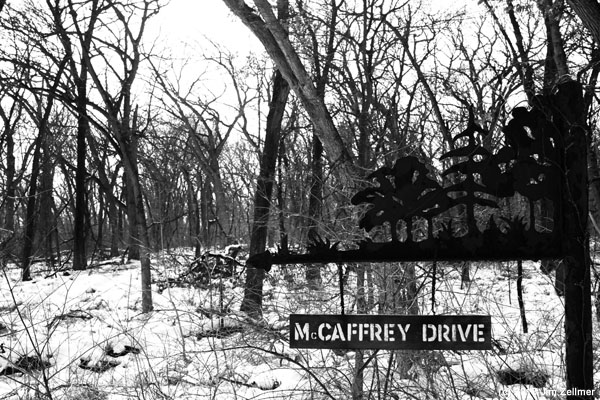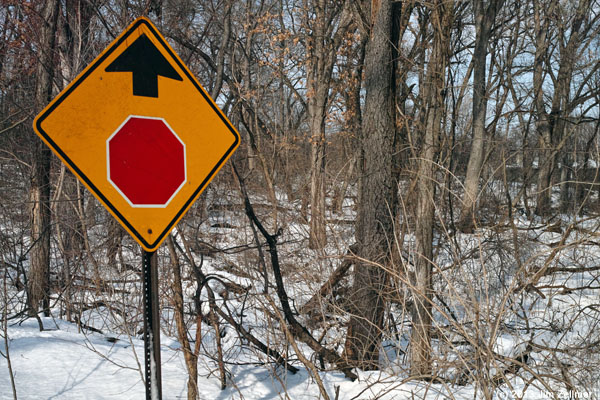I was recently asked by a graduate student/author about this quote: “Some technologies surely have an education role, but they are often, in my view, an answer in search of a question.” (Jim Zellmer). I used this sentence in a weekly newsletter from my schoolinfosystem.org blog.
Pondering this question, I thought it might be useful to revisit the history of these words, at least in my experience.
I have used variants of this statement since co-founding an internet software firm in 1995. I referred to certain technologies, particularly during the dot-com era as “answers in search of questions”.
It is certainly possible that I heard this statement somewhere along the way. Perhaps others have used different words.
I attended a conference in the late 1990’s which featured entrepreneur Sam Zell.
Zell took questions after his talk.
A dot.com founder chastised him and firms like his “Equity Group” for not adopting their “innovative services”. Zell quickly shut them up by referring to most such products as “intellectual masturbation“.
I continue to believe that variations around “answers in search of a question” is a far better choice than Zell’s limited audience, but effective version.




